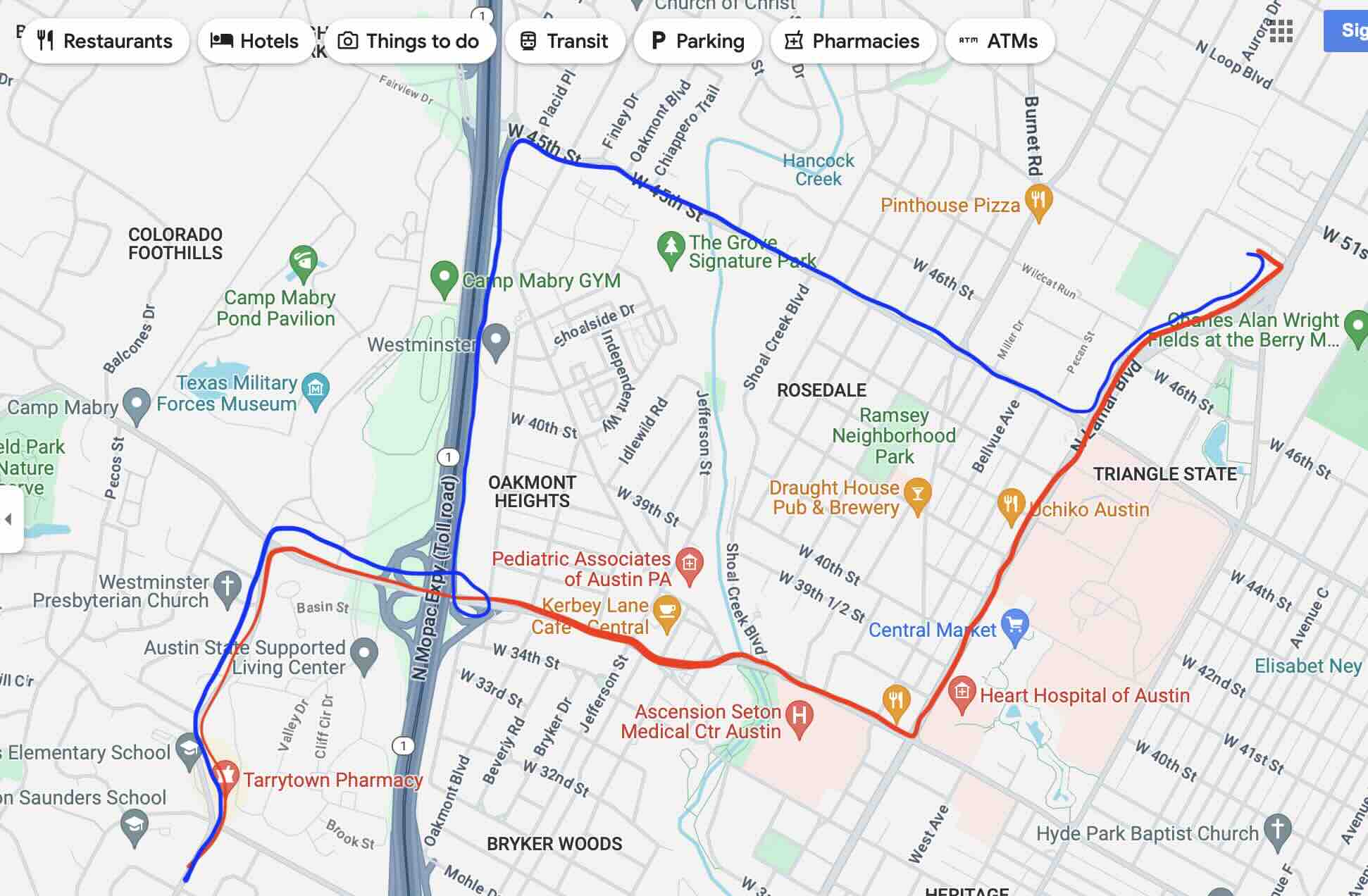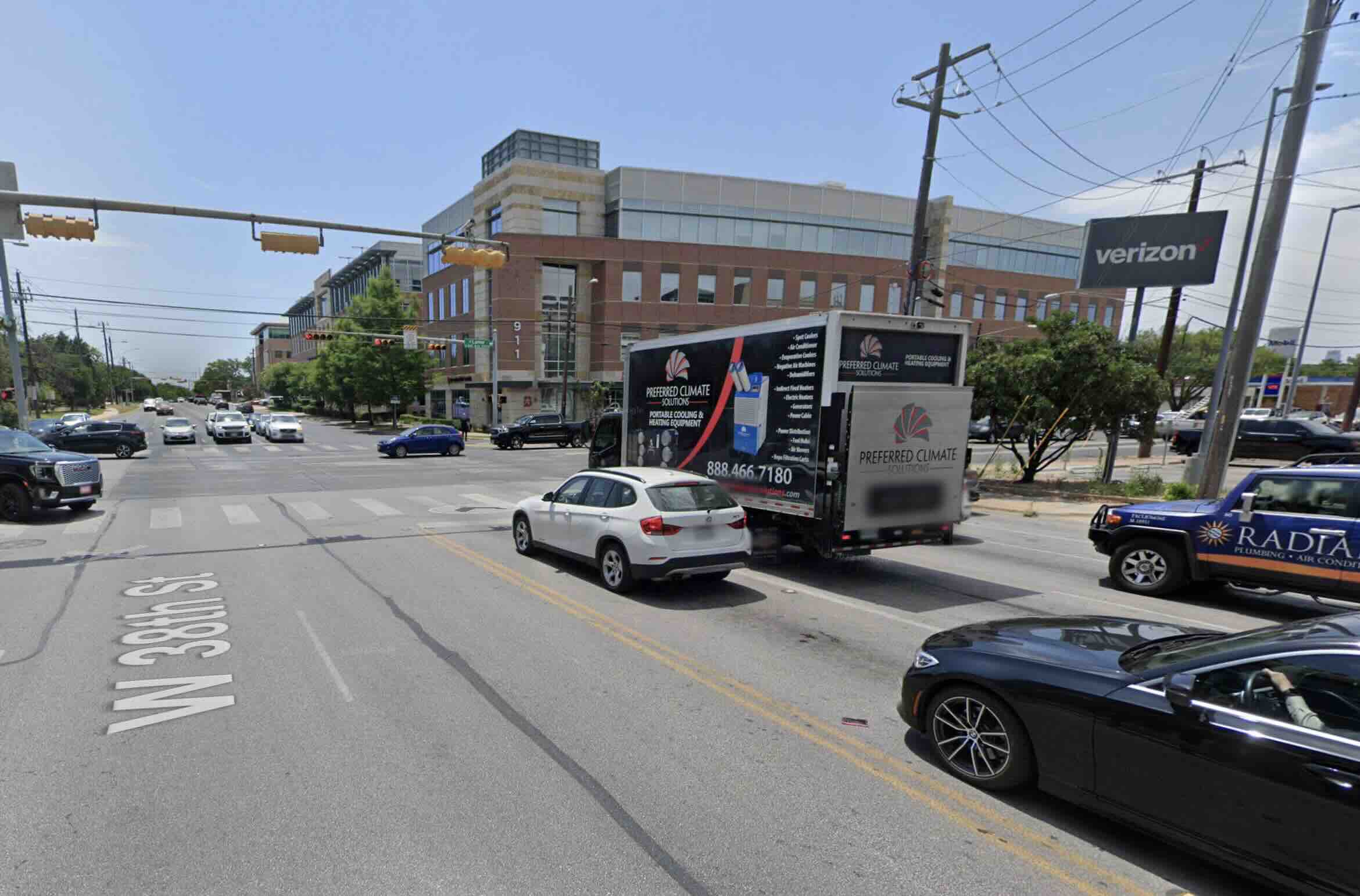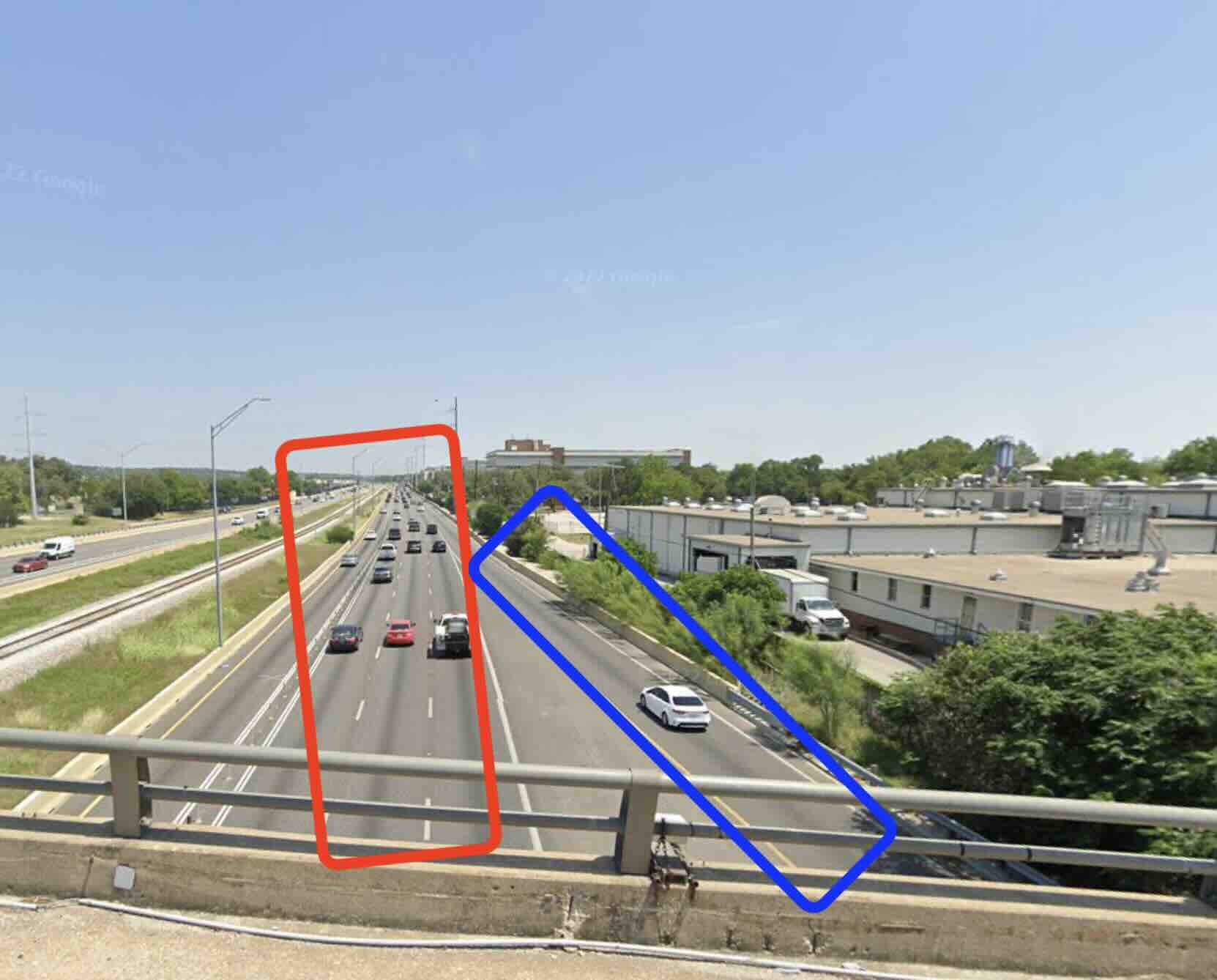Keep a Human in The Loop
⏲ 6-minute read | Meta photo by Kier in Sight Archives on Unsplash
Human-in-the-loop (HITL) is a term of art used to refer to computer systems that require some sort of human interaction. It is used to describe the intentional participation of humans in some types of AI training and other simulations1. I think it's interesting that the term exists, but I'm only using it to represent my point: that we should consider the level of participation we have with modern technology; and, that staying engaged helps us make better decisions and enriches the human experience. We all should give continued attention to this often-overlooked issue.
For Better Decisions
Generally, HITL exists, because it produces better outcomes than the system in isolation. At least, it does currently2.
I'm fascinated by this topic. I'm fascinated by how (despite the advanced technology around us) sometimes the most elegant solution is just to put some human eyes on the problem. Like how recently, college admission committees noticed the best way to predict whether AI was used to write an admission essay was the presence of the word tapestry. Or how the easiest way to filter out spam sign-ups on BearBlog wasn't to completely automate the process but to build a process with a human at the center. Or how it continues to be very important to the AI industry to make sure humans stay involved in the training of new models.
Humans bring a unique perspective and critical thinking abilities to the table. They can identify scenarios that may not have been considered by the AI. They can also provide valuable feedback on the accuracy and relevance of the results generated by AI algorithms. (Source)
In each of the cases above, the benefit is derived from the human element of the process.
My Example
I take this route to a coffee shop pretty regularly. In Red is nearly always the route suggested by GPS. Blue is an alternate I take sometimes, by way of a main highway called Mopac that is never suggested by GPS.

Taking the suggested Red route, that final left turn onto Lamar is always backed up. It has a small left turn lane and poorly programmed light. During rush out it's often three or four cycles until cars get through, and it backs up for blocks. What a pain.

Meanwhile a few block back there's another option (the Blue route depicted above). While crossing the 38th Street bridge, if you look north you see that Mopac (a main highway) is packed. It matches what the GPS is saying (traffic is at a standstill, there's no way we'll go on that road!). However, it doesn't seem to be able to tell what lanes the cars are in3. Mopac is packed on the main bit (red, below during rush hour), but I only need to go up to 45th and then get off. There's almost always a (nearly) empty exit lane I can take free and clear of any backups (in blue, below).

It saves me nearly 5 minutes every time.
It used to be that getting somewhere was a highly context-dependent activity. Landmarks, street signs, and mileage approximations were carefully tracked, lest you become lost and arrive late! That's all mostly irrelevant now. Navigating is something virtually anyone can do with a smartphone, and there is some evidence that we're worse for it; but, there are still at least a few situations GPS hasn't figured out, and it's illustrative of the importance of paying attention, and having a human involved in the decision-making process.
For The Human Experience
As technology relentlessly marches on, we must remember why it exists - to serve us humans (at least for right now). To that end, we must pay special attention to consider participation in the activities that can now be handled by machines (or automated away entirely). It's participation that makes us human and teaches us.
When we use technology to make a task easier, we're taking an intentional shortcut and making an implicit, unspoken tradeoff. We choose to save time/energy/mental bandwidth so we can do something else that is more enjoyable/fulfilling/productive (and hopefully that thing is indeed more valuable than whatever monotonous thing you're automating).
But if we don't do the second part (utilize our time for something more productive, or to better ourselves), then the tradeoff is a bad one. If we squander the surplus created, then we've simply reduced the human experience and exported away a small part of our lives. And for what? Are the tradeoffs we make good? Sometimes we think that we're making a good tradeoff - but because our monkey brains are bad at adapting to modern life, we're not. We chose easy, convenient, and unchallenging. The equivalent of empty calories in our diet.
And sometimes we don't recognize we're making a tradeoff at all. Our brains like habit, and given a sufficiently repetitive activity, we will make it habitual (e.g. - I'll just plug the address into the GPS).
The Future
Whether it's for better decision-making or a more human experience, stay engaged. If you want a taste of a future where we don't, read Better Living Through Algorithms from Clarke's World Magazine, or for something a bit longer Avogadro Corp by William Hertling. These stories paint a not-so-unrealistic depiction of the future where continued relinquishment of responsibility to algorithms leaves a muted, colorless engagement with the world.
--
Enjoyed? You can subscribe to my blog. Comments? Send me a message.
It's also used to describe the decision-making processes with autonomous weapons (think drones making their own decisions vs. having a human make the decision) - and while this is interesting and I'm glad the military is thinking about this sort of thing, it's outside the scope of this post.↩
At least, until Sam Altman wills artificial general intelligence into existence by raising more money than the GDP of many small nations. At that point, I'm sure it'll make very good decisions all by itself.↩
I'm sure the Google Maps team will figure this out soon, though.↩